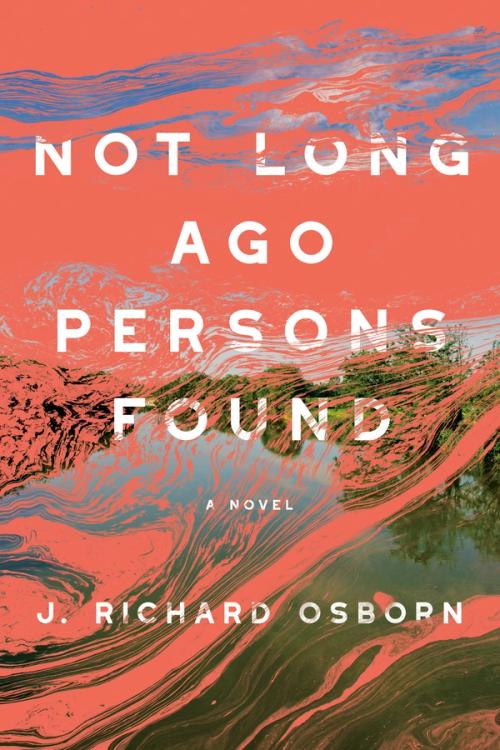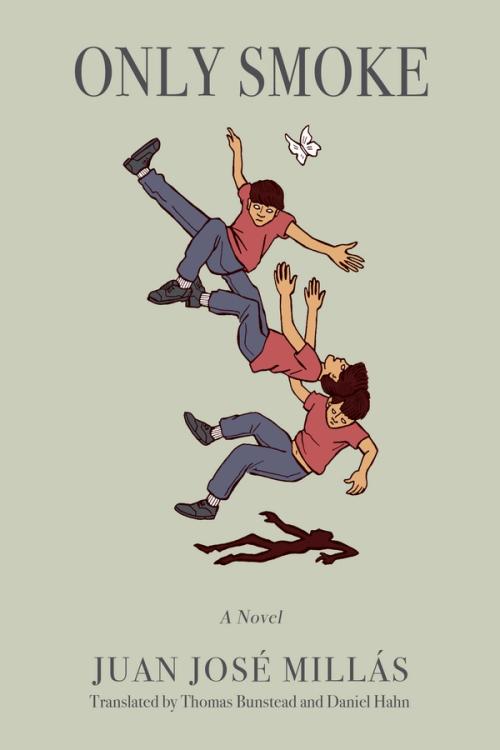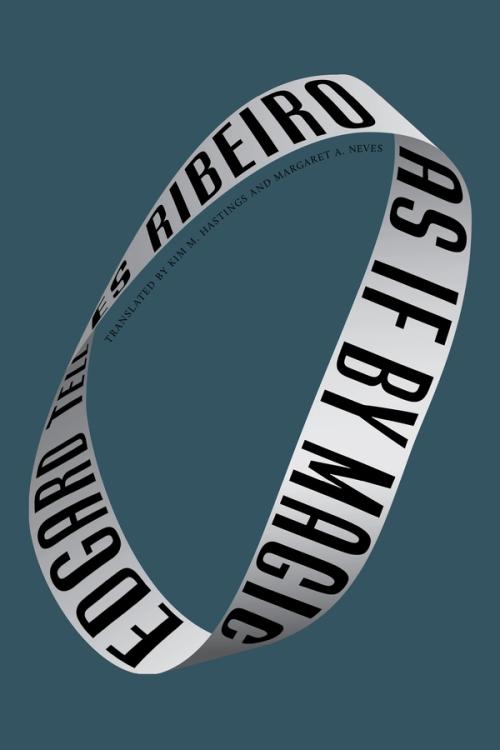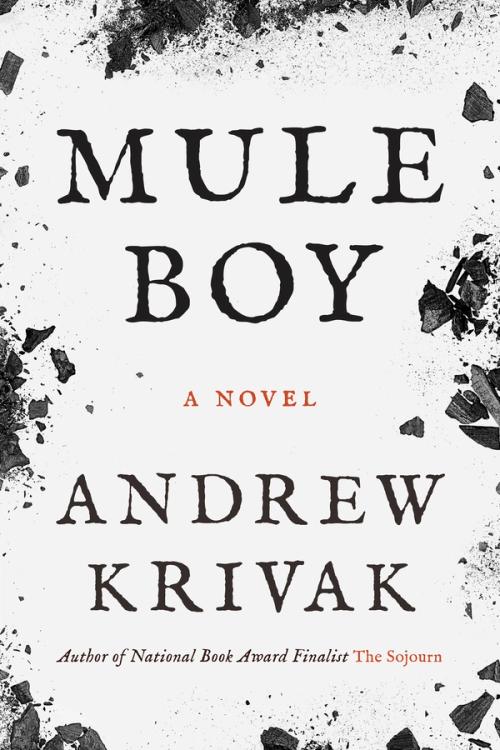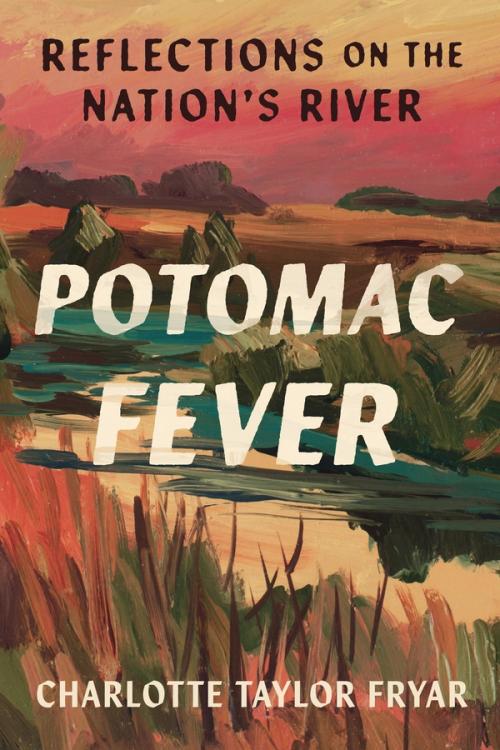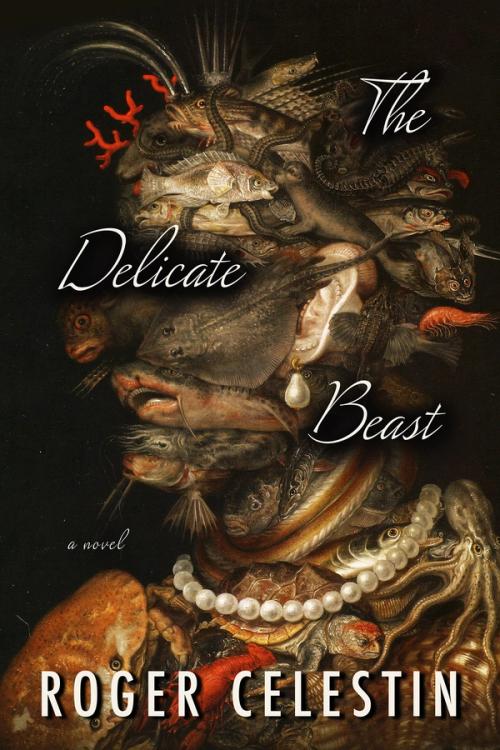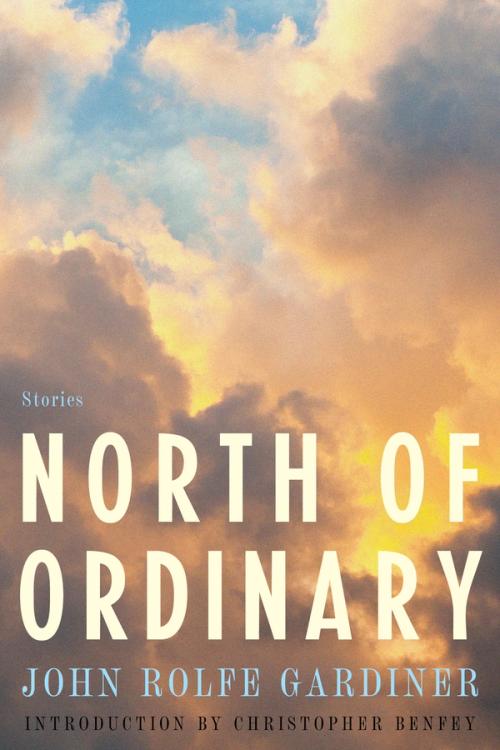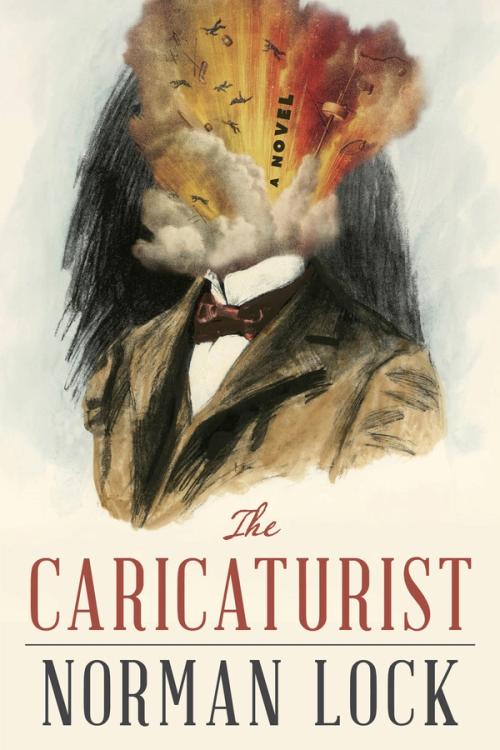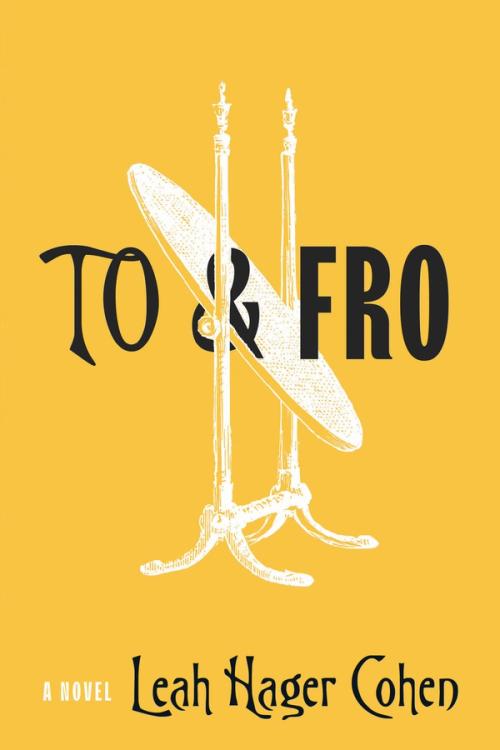Latest News
Congratulations to Leah Hager Cohen, whose novel To & Fro is the winner of the Julia Ward Howe Book Award from the Boston Authors Club and longlisted for the Massachusetts Book Award, and to Melissa Pritchard, author of Flight of the Wild Swan and the finalist for the Georgia Author of the Year Award.
With smaller print runs and often an intimate relationship with readers, these smaller houses are able to take bigger risks than their larger counterparts and are finding truly excellent writers outside the mainstream. Don’t miss works from Open Letter, Deep Vellum, Bellevue Literary Press, Catapult, Restless Books, Two Dollar Radio and Los Angeles’ Unnamed Press; like more established independents Graywolf and McSweeney’s, they are delivering so much genuinely exciting fiction that they make it look easy.
From Our Authors

It had never dawned on me to send my debut novel, Ghost Moth, to the US, but in 2011, as part of Dublin Writers’ Festival, I attended a workshop with the American author Paul Harding. Harding is the author whose quiet, contemplative debut novel, Tinkers, nobody wanted. He’s also the author who went on to win, with that same quiet novel, the Pulitzer Prize for Fiction after it had been published by Bellevue Literary Press, in New York. So, after 38 rejections from agents in the UK and Ireland, I metaphorically brushed the coal dust off my manuscript, popped it in a fresh brown envelope and set it sailing off across the Atlantic. A few weeks later Bellevue offered to publish it. Being agentless—not that I’d planned it that way—meant that I had to navigate my own way through the publishing process, but being with a small and prestigious press you’ll always get talking to the person you want to. (from the Irish Times)
Award Winning Titles

From internationally celebrated Eduardo Halfon comes the fourth installment in his hero’s nomadic journey as he searches for answers surrounding his grandfather’s abduction during the Guatemalan Civil War.


